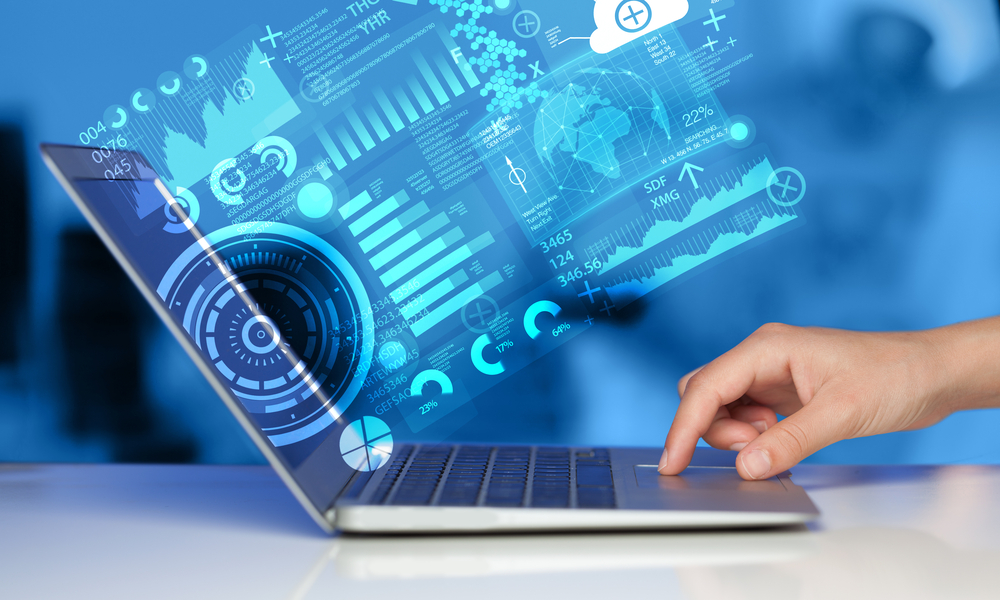Globalizing Healthcare Data Part 1: Challenges of a Digital Revolution

As the medtech market grows around the world, so do complementary practices that aim to improve health care access, including a move towards digitizing health care data. Patients are able to receive more information about their own care, and providers can access vital details — and use this data — in more targeted ways.
For the medtech industry, being able to tap into the data of millions of real people is crucial. Procedures and effects can be tracked, diagnosis rates from all over the world can be accessed, and the effectiveness and need for specific devices in targeted locations can be studied on a micro level.
While providers and medtech professionals will find this information invaluable in terms of developing the right technology and procedural interventions, not everyone is thrilled with the idea that personal health information could be globally accessible.
The security of digital data has become an issue on many levels and across industries, from breaches of consumer financial data to potential meddling with voting equipment. With HIPAA ensuring the protection of personal health information on a federal level, the question for the last few years has been how to share access to this needed data, without compromising the security of individuals.
And an even bigger challenge comes next: how to gather and share this data globally. In order for protected health information to be shared, there needs to be a consistent standard applied so that all information can be coded and accessed through the same process so that it can actually be put to use in a way that moves the medical field forward.
In the next part of this series on health care data, we’ll take a look at some ways this protected health information is actively driving the medtech industry forward, specifically thanks to clinical trials.








